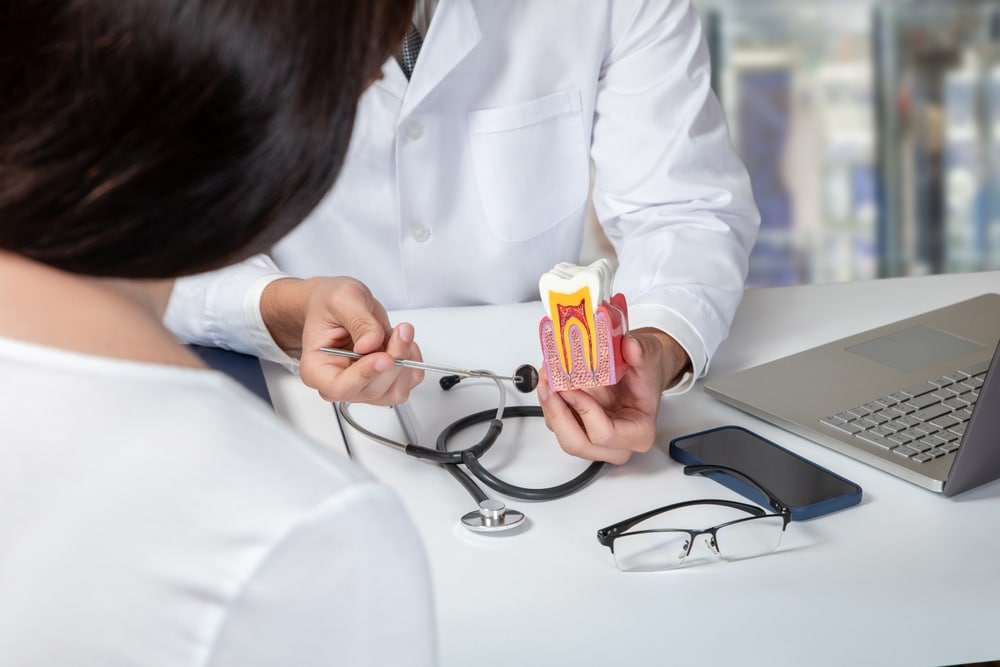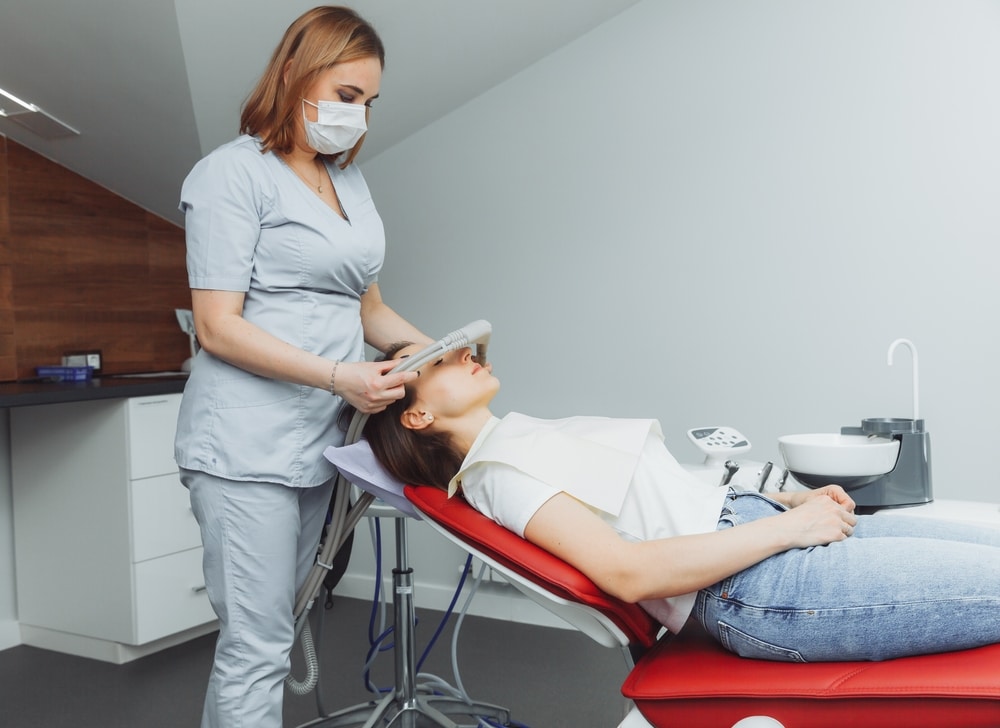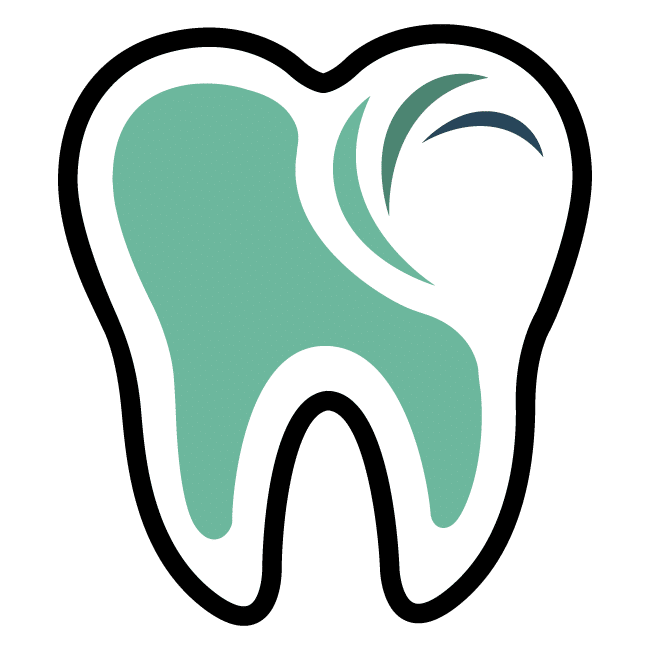Wisdom Tooth Extractions
Wisdom teeth, the last set of molars to develop, often pose more problems than benefits due to their tendency to become impacted or misaligned. If you’re experiencing discomfort or complications with your wisdom teeth, extraction may be the best solution to protect your oral health.
At Dental Specialists of Manahawkin, our trusted team is here to guide you through the process with expert care and support. Ready to address your wisdom tooth concerns? Contact us today to schedule a consultation with our trusted provider in Manahawkin, NJ.
What Are Wisdom Teeth?
Wisdom teeth, or third molars, are the final set of teeth to develop in your mouth. Typically emerging between the ages of 17 and 25, these teeth were once useful for our ancestors who needed extra chewing power to break down tough, uncooked foods. However, with modern diets and smaller jaws, wisdom teeth are often more problematic than beneficial. Due to their position at the back of the mouth, they can easily become impacted, leading to a range of dental issues.
Reasons For A Wisdom Tooth Extraction
Wisdom teeth extraction is a common procedure aimed at preventing or alleviating problems associated with these teeth. Here are the primary reasons why an extraction might be necessary:
- Impacted teeth: Wisdom teeth that don’t fully emerge can become impacted, causing discomfort, swelling, and infection. They may also form cysts, damaging surrounding bone or roots.
- Overcrowding: If there’s not enough room in your mouth, wisdom teeth can push against others, causing overcrowding, misalignment, and undoing orthodontic work.
- Damage to nearby teeth: Impacted or partially erupted wisdom teeth can press on adjacent molars, leading to decay, infection, or bone loss.
- Tooth decay and gum disease: Their hard-to-reach location makes wisdom teeth prone to cavities and gum disease, making extraction necessary when decay or infection occurs.
- Prevention: Even if not problematic now, extraction may be recommended to prevent future issues, especially if x-rays show potential problems.
By removing your wisdom teeth, you can avoid these complications and maintain better overall oral health.
Signs You Need Your Wisdom Teeth Extracted
Determining whether your wisdom teeth need to be extracted involves looking out for certain signs and symptoms. Here are some common indicators:
- Persistent discomfort: Ongoing discomfort or a dull ache in the back of your mouth may indicate your wisdom teeth are pushing through or pressing against other teeth.
- Swollen or tender gums: Inflamed gums around wisdom teeth could signal impaction or irritation.
- Frequent infections: Recurring infections behind your last molar can be a sign that wisdom teeth need removal.
- Jaw stiffness: Difficulty opening your mouth or jaw stiffness might indicate impacted wisdom teeth.
- Cysts or tumors: Less common, but cysts or tumors around impacted wisdom teeth can harm your jawbone and nearby teeth.
- Bite changes: Shifts in your bite or crowded teeth may result from emerging wisdom teeth.
If you experience any of these symptoms, it’s important to consult with a dental care provider who can assess your situation and recommend the appropriate treatment.
Post-Operative Care & Recovery
After a wisdom tooth extraction, proper care is essential to ensure a smooth and speedy recovery. Here’s what you can expect and how to take care of yourself after the procedure:
- Rest and limit activity: Plan to rest for at least 24 to 48 hours following your surgery. Avoid strenuous activity, which can increase blood pressure and lead to complications like prolonged bleeding.
- Pain management: Some discomfort is normal after wisdom tooth extraction. Your dental care provider may prescribe pain medication or recommend over-the-counter pain relievers to help manage discomfort. Be sure to follow the instructions carefully.
- Apply ice packs: Use ice packs on your cheeks for the first 24 hours to reduce swelling. Apply the ice for 20 minutes at a time, with 20-minute breaks in between.
- Dietary adjustments: Stick to soft foods and liquids for the first few days. Foods like yogurt, applesauce, mashed potatoes, and smoothies are good options. Avoid hot, spicy, or crunchy foods that could irritate the extraction site.
- Oral hygiene: While it’s important to maintain oral hygiene, avoid brushing the teeth near the extraction site for the first 24 hours. Instead, gently rinse your mouth with warm salt water to help keep the area clean. Do not use mouthwash with alcohol, as it can irritate the wound.
- Avoid smoking and alcohol: Both smoking and alcohol can delay healing and increase the risk of complications, such as infection. It’s best to avoid these activities for at least 72 hours post-surgery.
- Monitor healing: Swelling and discomfort should gradually decrease over the first few days. If you notice increased discomfort, swelling, or signs of infection (such as pus or fever), contact your dental care provider immediately.
Following these care instructions can help ensure a smooth recovery, allowing you to return to your normal activities within a week or two.
Trust Your Wisdom Tooth Extractions To Our Expert Team
When it comes to wisdom tooth extractions, choosing an experienced and trusted provider is crucial for ensuring the best possible outcome. Our team in Manahawkin, NJ, is dedicated to providing expert care, using the latest techniques to make your experience as comfortable as possible. We understand that wisdom tooth extractions can be daunting, but with our compassionate approach, you’ll be in safe hands. Take the first step towards a healthier, discomfort-free smile. Contact us today to schedule your consultation and discuss your wisdom tooth extraction with our skilled team.
Our Services

Apicoectomy

Post Removal

Root Canal Therapy

Root Canal Retreatment

Bone Grafting

Sinus Lift

Oral Pathology

Exposures Of Impacted Teeth

Single & Multi-Tooth Extractions

Wisdom Tooth Extractions




